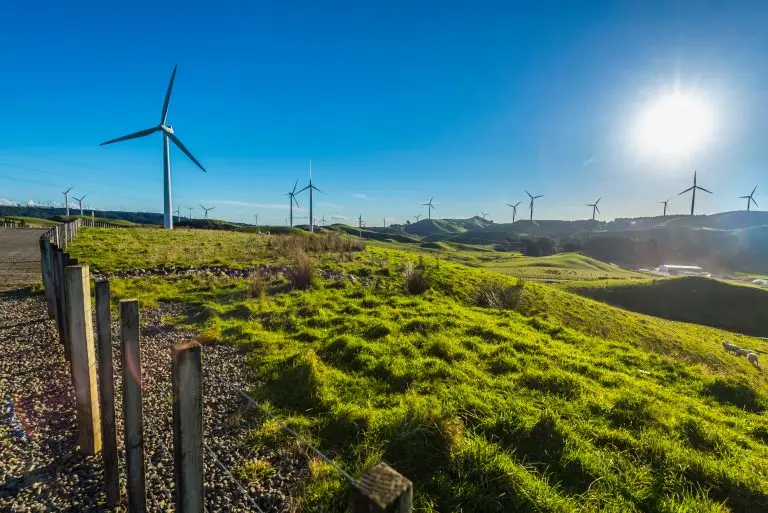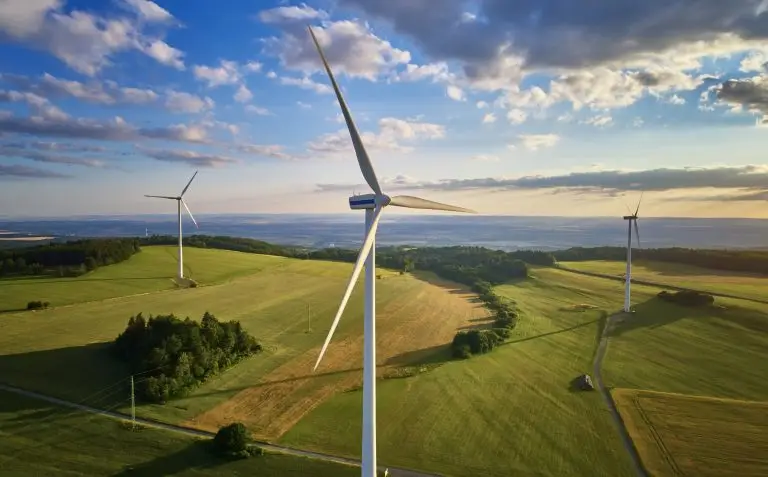As of the entry into force of the Electricity and Natural Gas Law no. 123/2012 (“Energy Law“) in July 2012, all wholesale electricity transactions had to be concluded exclusively on the centralized market (“OPCOM“), in a transparent, public, competitive and non-discriminatory manner. The conclusion of bilateral power purchase agreements (“PPAs“) outside OPCOM markets was not allowed, with certain limited exceptions for generation capacities below 3 MW – electricity producers had to sell all their electricity on OPCOM based on public auctions and under the strict rules and standardised products offered by OPCOM’s platforms. This has significantly affected investments in new energy capacities, since, in the absence of PPAs, it was practically impossible to secure project financings.
Following substantial efforts of the private sector to explain to the Government and the Energy Regulatory Authority of the need of PPAs in the market, in particular for new projects, the Energy Law has just been amended by the Government Emergency Ordinance No. 74/2020 (“GEO 74/2020“) to include an exception from the obligation of the electricity producers to sell their electricity on OPCOM (with implementation norms expected to be issued by the Romanian National Energy Regulatory Authority shortly).
From now on, electricity producers are allowed to enter into bilateral contracts for the sale of electricity at negotiated prices, outside OPCOM, but only for the electricity produced by new generation capacities which become operational after 1 June 2020.
These new amendments to the Energy Law are making one step further in the direction of harmonizing the Romanian energy legislation with the EU energy legislation, in particular with the EU Regulation 2019/943 on the internal market for electricity (recast) which promotes “long-term electricity supply contracts to be negotiable over the counter, subject to compliance with Union competition law”.
The expectation is that all producers, irrespective of when their generation capacities were commissioned, will be allowed in the near future to conclude PPAs, in line with the EU regulations, but in the meantime, this legislative change will hopefully attract investments into new generation projects in Romania.
Moreover, the Romanian Government is currently exploring the option of reintroducing a form of support for new renewable and nuclear generation capacities in the form of Contracts for Difference. In fact, a process for engaging a team of advisors to support the Government with the implementation of the Contracts for Difference in Romania has been recently conducted (sponsored by EBRD) and a Memorandum on general principles for implementation of a support system in the form of Contracts for Difference for the generation of electricity from low-carbon sources is on the Government’s agenda. The actual implementation of such support system may take a while, but this is definitely good news for investors looking to build new renewable generation capacities in the next period.




